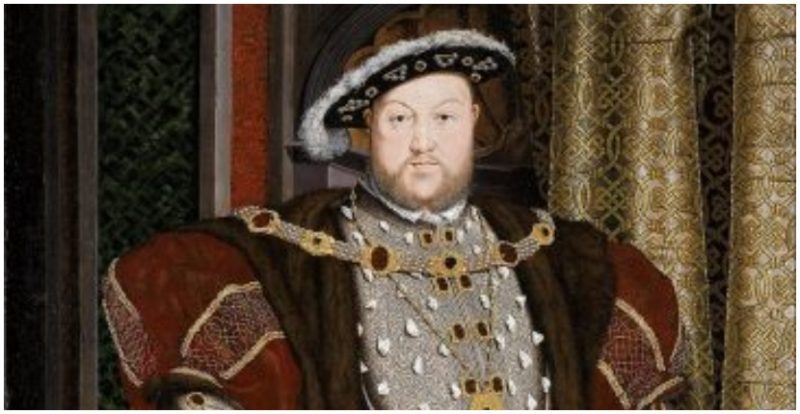Henry VIII significantly changed the history of the British Empire as well as that of the Christian faith. You are probably familiar with the decisive action this monarch took to legally divorce his wife through the establishment of the Church of England, which lead to the permanent estrangement of England from the Catholic Church. But are you familiar with other, equally defining qualities of this memorable monarch?
Here are 8 memorable facts about Henry VIII:
He was a handsome man – was
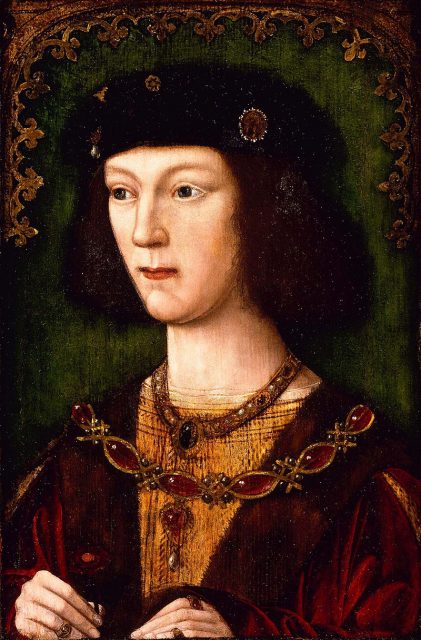
Henry VIII was notably good-looking man. Tall, with a fair complexion and a hint of ginger in his hair, Henry was well educated and extremely athletic. He did not age well, however. With added years came added pounds.
As he neared 50, he was unable to mount his own horse, and relied on help to get into the saddle. His waist line had expanded to a burly 54 inches. A testament to his impressive size is on display at the Metropolitan Museum of Art in New York City: an intricate Italian suit of armor fit for the king reflects his imposing height and girth.
He was a hypochondriac …
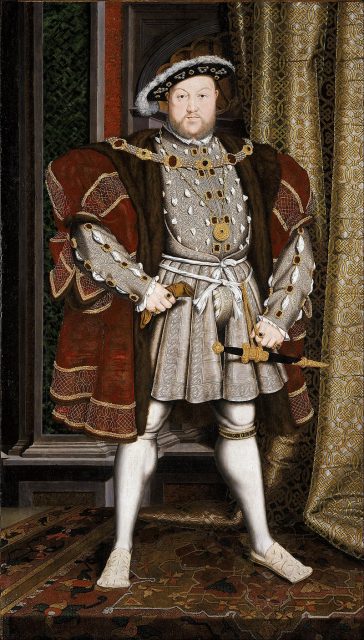
Being royal doesn’t make you invincible, and Henry VIII was very aware of this fact. Plague was a common occurrence in Britain and each wave of the sweating sickness pushed the king to regularly relocate to his various palaces across the country in an attempt to avoid contracting the deadly disease. He even penned his own prescription book, handwriting remedies for over 200 ailments along with a couple of his physicians.
His obsession with his health was rather reasonable. Henry had a history of intense illnesses, many of which could have proved fatal. Over his lifetime, he suffered from smallpox, malaria, ulcers, insomnia, strokes, and paranoia.
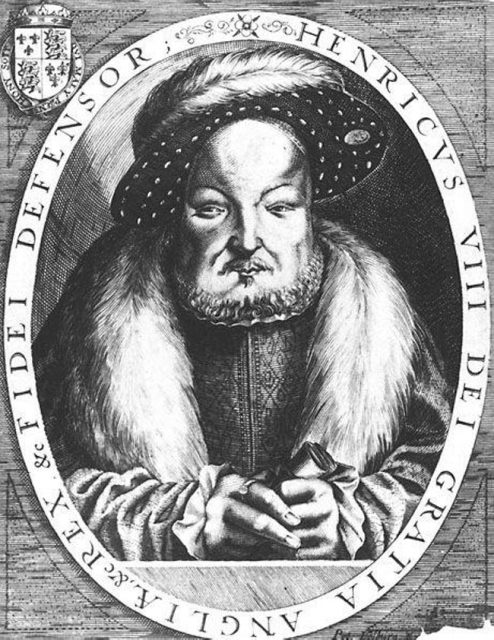
The most crippling of his health issues was an injury he sustained while jousting in 1535 when he was 44 years old. Ever the sportsman, this injury took him out of the competition for good when the wound never healed properly. For the rest of his life it would pus and develop ulcers, limiting his mobility and causing depression and irritability, crippling his personality.
He was a hedonist and renaissance man
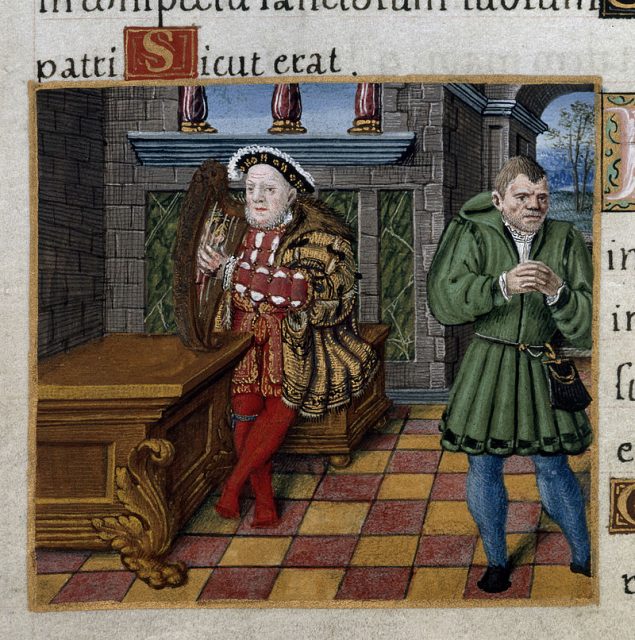
In his youth, Henry loved the pleasures of royalty. Jousting wasn’t the only game he excelled at. He regularly took to the tennis courts, went hunting, and played dice and cards.
When he wasn’t ruling the kingdom or competing against the nobility, he was a musician. Henry was an accomplished lute and organ player, sang, and composed music. The well-known English folk song, “The King’s Ballad” is in fact written by King Henry VIII.
He was the first king to publish a book
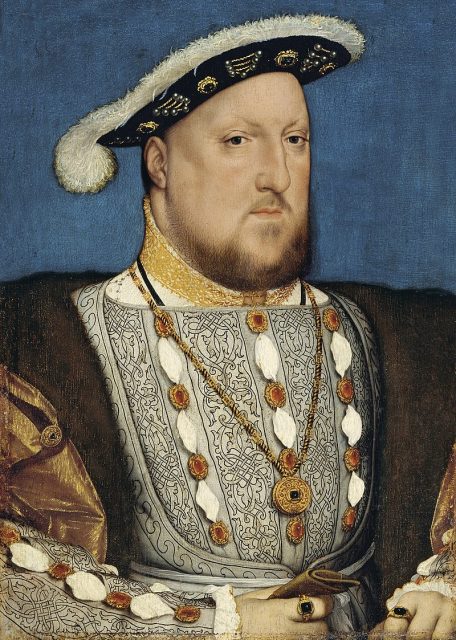
Before Henry began to question the Pope, he was a staunch Catholic. Once Martin Luther began preaching for reform in the Holy Roman Empire, Henry vocalized his support for the papacy. He felt strong enough in his faith that he published Assertio septem sacramentorum, or Defense of the Seven Sacraments in 1521, for which the Pope commended him as “defender of the faith.”
Related Video: 12 Ye Olde Insults we could use today
https://youtu.be/A4lyl_MMb0k
His 3rd wife was his favorite wife
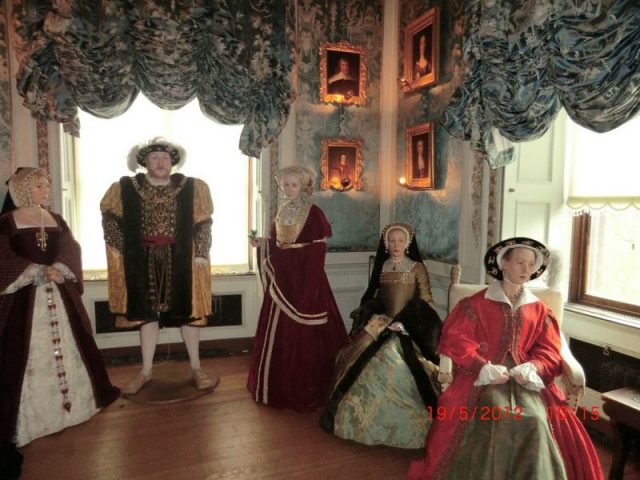
It’s obvious enough that Henry’s first wife, Catherine of Aragon, did not provide him with a happy marriage. Neither did his infamous second wife, Anne Boleyn. Henry married Jane Seymour only ten days after Boleyn’s ignominious end.
He married for what he hoped would be the last time. Their union was blessed with a son, but the celebration was marred by Seymour’s death from lingering birth complications less than two weeks later. It would be two years before Henry wed again, the longest he ever waited between marriages. Upon his own end, Henry was interred side-by-side with Jane Seymour.
He was never meant to be king
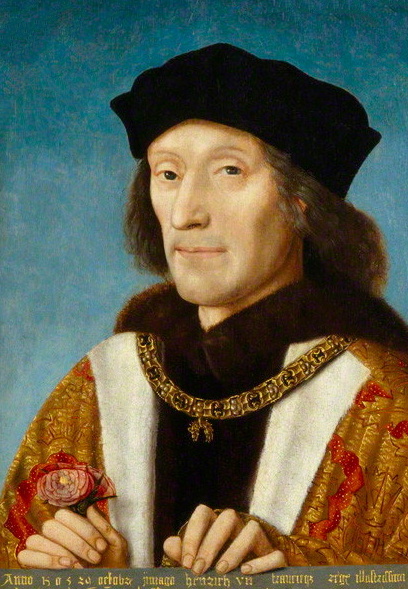
Being the first born, Henry’s older brother Arthur was Prince of Wales and the future king of England. Henry, meanwhile, spent over a decade preparing to enter the church and had studied theology all his life.
Arthur’s premature demise left King Henry VII temporarily without an heir, and he scrambled to ensure his legacy by marrying his son’s widow off to his second son, Henry VIII, setting him up to be king and heir. Henry ascended the throne in 1509 at 17 years old. It’s a miracle that Henry VIII had had time to establish a new branch of Christianity, let alone rule a country.
He didn’t scorn religion
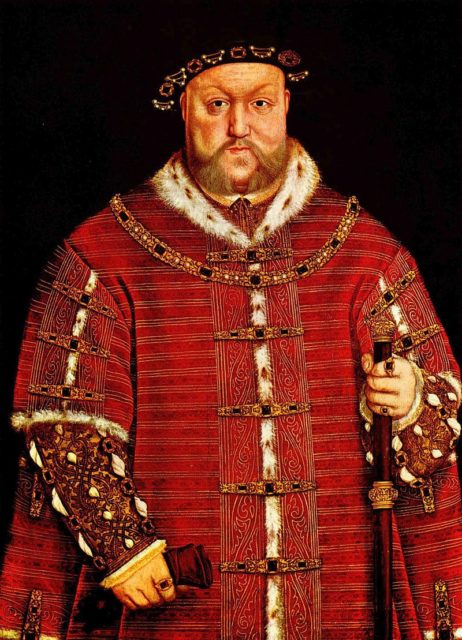
Despite his apparent disregard for the church, Henry VIII was a very religious man. The biggest motivator in Henry’s eventual separation from Rome was not his desire to wed Anne Boleyn, so much as his internal conflict at having married his brother’s widow.
Read another story from us: Henry VIII Letter that Reflected War Preparations in 1541 Auctioned
Arthur, Henry’s older brother, married Catherine of Aragon in 1501. He passed away 6 months later and Catherine claimed they had never consummated their marriage. As there was no proof whether the marriage was consummated or not, Henry grew suspicious that Catherine was lying so that she could still marry the King of England. The legality of his first marriage in the eyes of the Catholic Church tormented Henry even after he’d achieved a divorce, forever worried over his eternal soul.
